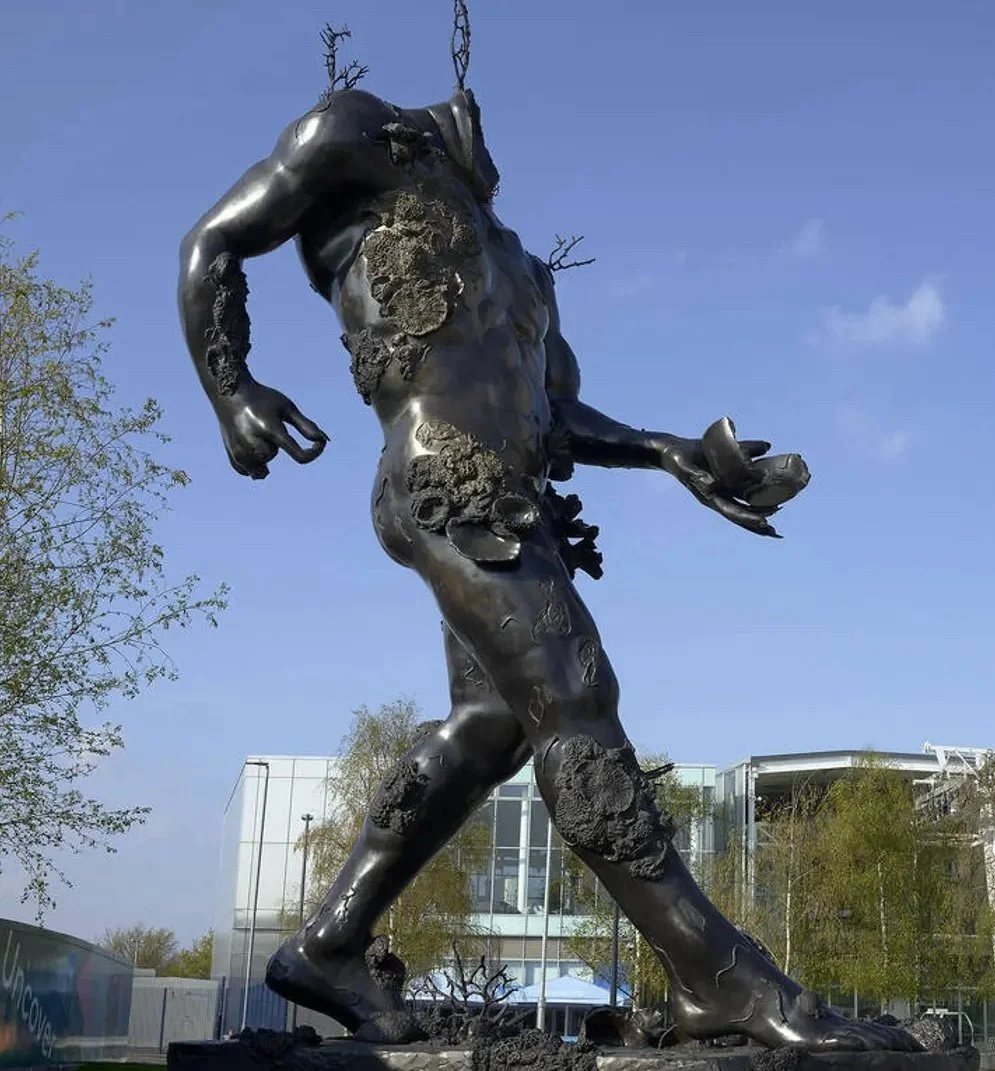Teaching
I am deeply committed to teaching in a way that cultivates a sense of wonder in my students and transforms it into a passion for approaching the world in a philosophical manner that reflects their unique backgrounds, interests, and needs.
In order to hone my teaching skills, I completed a Teaching Certificate through the University’s Center for Research on Learning and Teaching Teaching in August 2022. Further details regarding this Certificate and its requirements can be found here.
Further, having developed an interest in pedagogy and desiring to give back to the wider academic community, I currently serve as a Graduate Student Instructional Consultant (GSIC), for the University’s Center for Research on Learning & Teaching. In this role, I am able to offer graduate student instructors from across the University guidance and support in their capacities as teachers. This involves observing their classroom environments, offering new teaching approaches and strategies, collaborating to make improvements based on student feedback, and generally working to help produce more-effective and engaging teachers.
As Lead Instructor at the University of Michigan
(Where I was responsible for all course-design, lecturing, and grading as the sole instructor.)
Love, Loving, and Loss
PHIL 151. Philosophical Dimensions of Personal Decisions
Fall Term 2023
Course Description:
This course will examine the core human experiences of love, loving, and loss. Our focus will particularly be on romantic love, or eros. We will first examine the nature of love and loving by asking and attempting to provide satisfactory answers to the questions ‘What is love?’ and ‘What is it to love?’ Then, we will turn to discuss the phenomenon of falling in love. Here we will ask whether there really can be love at first sight and will consider the relationship between love and hope. We will also think about how much falling in love depends on idealizations and illusions. Next, we will discuss being in love and ask questions such as ‘Is the preferential partiality we show our beloveds morally acceptable?’, ‘Is unrequited love really love?’, ‘Can we choose who we love?’, ‘Are there reasons for loving?’, ‘Do we need to love freely in order to love? If not, what’s wrong with love potions?’, and, ultimately, ‘Can love last forever?’ Having considered love and loving, we will then turn to loss. We will examine what it is to fall out of love, when this might happen, and whether it is ever rational to end relationships. Lastly, we will discuss heartbreak, the end of relationships, and losing the one you love.
Throughout the semester, we will read the work of contemporary scholars (such as Simone de Beauvoir and Harry Frankfurt) as well as the writings of historical thinkers (such as Émilie du Châtelet, Kierkegaard, and Stendhal), poets (such as Neruda, Petrarch, Platt, and Yeats), and authors of fiction (such as selections from Emily Brontë’s Wuthering Heights, Proust’s In Search of Lost Time, and both Shakespeare’s Romeo and Juliet and Hamlet).
Burton, Hellelil and Hildebrand, the Meeting on the Turret Stairs (1864). NGI.2358.
The Self
PHIL 152. Philosophy of Human Nature.
Summer Term 2023
Course Description:
The aim of this course is to grapple with a question that lies at the heart of our existence: ‘What am I?’ That is, ‘What is it that makes me, me?’ Or, ‘What is the thing that I call my ‘self’? Throughout this term, we will explore the answers to these questions that philosophers, from antiquity to today, have argued for as we endeavour to become clear on what exactly the self is.
We shall examine, critically evaluate, and sincerely grapple with philosophical positions about the self that range as widely from the belief that the self is a robust entity – a soul, as Plato claims, or a living animal as Aristotle and Olson do – to views that the self is merely a bundle of perceptions (as Hume argues), is transient (as Strawson does), and even the position that the self is non-existent (as Theravāda Buddhists and Dennett hold).
Hirst, Demon with Bowl (2014)
As a GSI (Graduate Student Instructor) at the University of Michigan
(Where I was responsible for all grading and for running two one-hour weekly meetings of my own design to discuss the content delivered in lecture.)
PHIL 101. Introduction to Philosophy (for Jim Joyce). Winter Term 2023.
• Section Syllabus
• sample handouts: [1 - Locke] [2 - Hume and Peirce]
PHIL 101. Introduction to Philosophy (for Maegan Fairchild). Fall Term 2022.
• Section Syllabus
• sample handouts: [1 - personal identity] [2 - moral encroachment in friendship]
PHIL 384. Descartes to Kant (for Janum Sethi). Winter Term 2022.
• Section Syllabus
• sample lesson plan: [Descartes and Elisabeth]
• sample handout: [Hume and Lady Mary Shepherd]
PHIL 340. Minds and Machines (for Eric Swanson). Fall Term 2021.
• Section Syllabus
• sample lesson plan: [paper two and semantics & essentialism]
• sample handout: [paper three]
Revision Classes at the University of Oxford
(Where I was responsible for preparing students for their comprehensive examinations.)
Plato’s Republic. Hertford College. Hilary Term 2020 & Trinity Term 2020.
Aristotle’s Nicomachean Ethics. Hertford College. Hilary Term 2020 & Trinity Term 2020.

